African enterprises bet on circularity to reshape food systems
Across Africa, food entrepreneurs across the coffee, fisheries, poultry, and dairy sectors are reshaping how food is produced, packaged, reused, and valued.

Across Africa, food entrepreneurs across the coffee, fisheries, poultry, and dairy sectors are reshaping how food is produced, packaged, reused, and valued.

For better or worse, the year ahead brings a mix of reforms, political shifts and global milestones that will shape how urban sustainability agendas are governed and delivered. Here’s what local and regional governments should be on the lookout for this year.
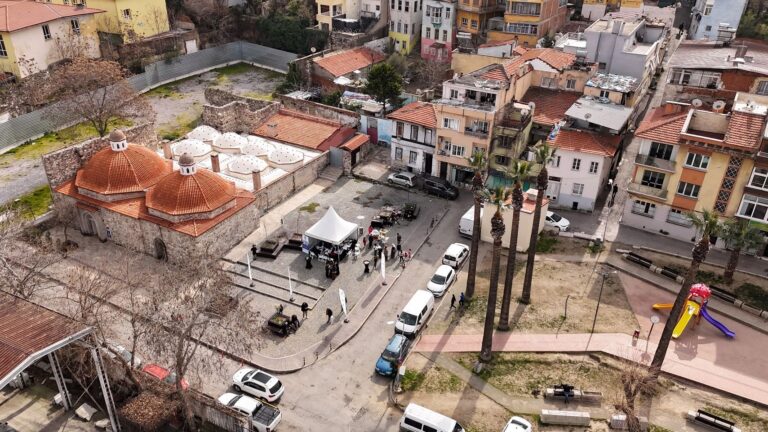
While climate resilience assessment tools help cities understand their risks, adaptation projects often need a final push to become a viable investment opportunity.
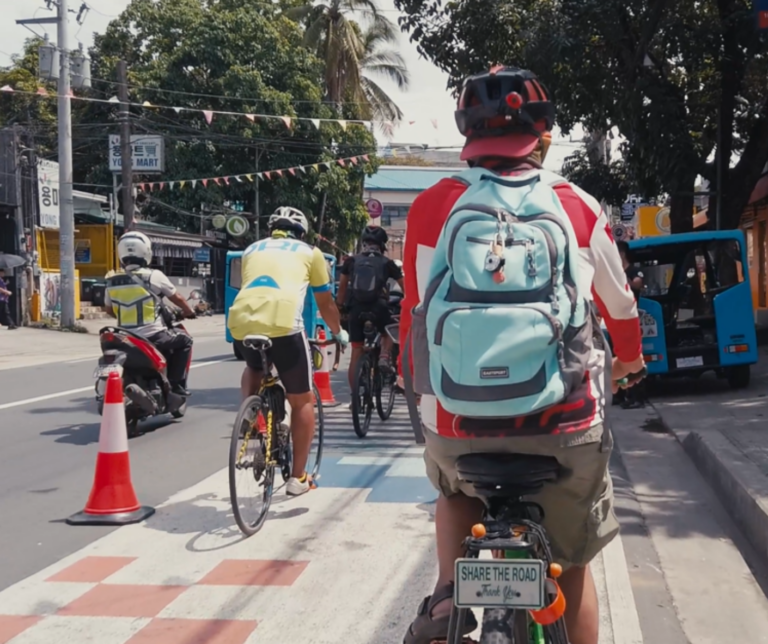
Owning a car is a common aspiration for many Filipinos. But they also believe their cities can be more walking- and cycling-friendly in the future. The SPARK project helped turn that vision into action in Quezon City and Pasig City through tactical urbanism interventions that made streets safer and more accessible for active mobility.
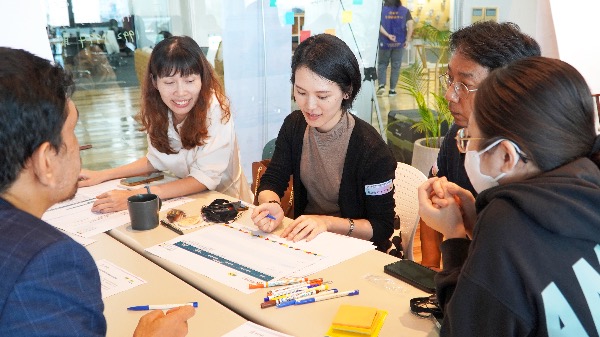
Wrapping COP30, and as the world now moves from negotiations to implementation, the need to transform ambition into measurable, investable…
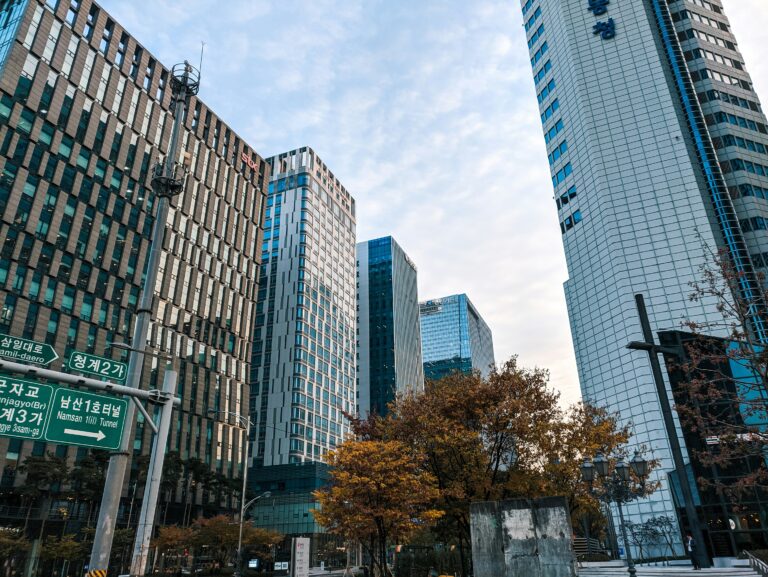
Seoul is finding clean energy where most cities don’t look: Underground geothermal power, sewage-to-electricity systems, and solar built into windows, walls, and façades. With little land to spare, Seoul is proving that climate solutions can be bold and still blend seamlessly into everyday urban life.
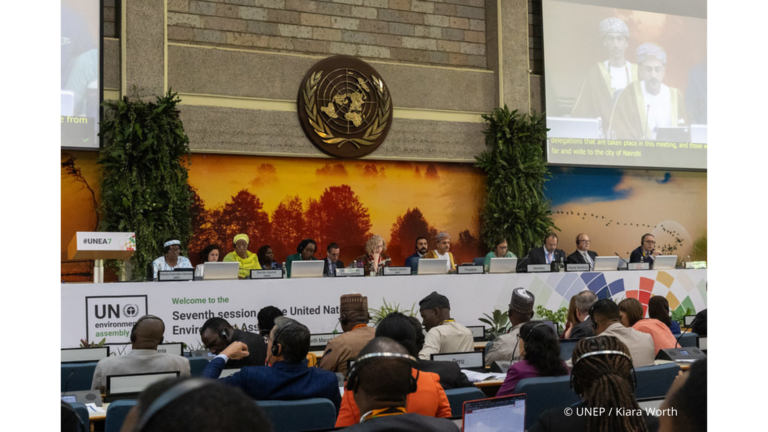
As co-focal point of the Local Authorities Major Group, ICLEI ensures cities’ and regions’ voices are represented in the UNEA process, with subnationals calling for stronger synergies with the Rio Conventions and other Multilateral Environmental Agreements.
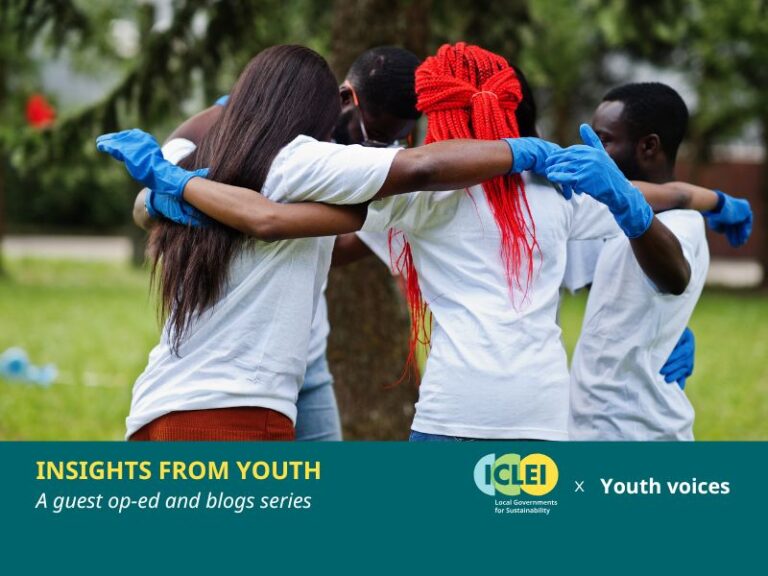
Part of ICLEI’s “Youth Voices,” this guest op-ed article calls for greater recognition of young people’s potential in food policy development, as well as structural support for their initiatives.
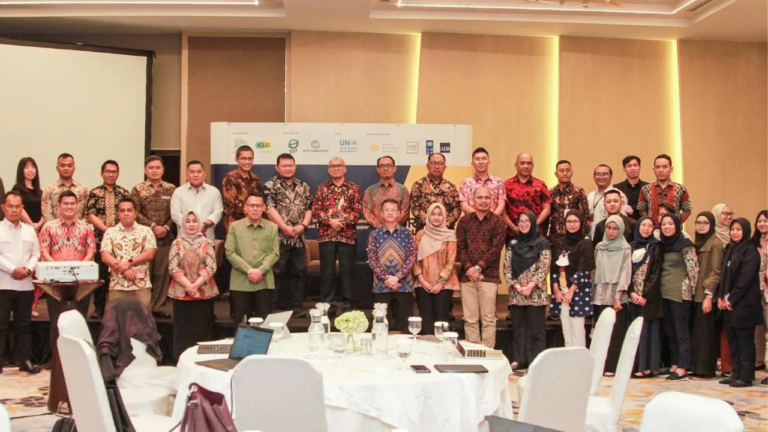
Launching the report “Multilevel Governance for Integrated Urban Planning: A Guide for Multilevel Action based on learnings from UrbanShift.”
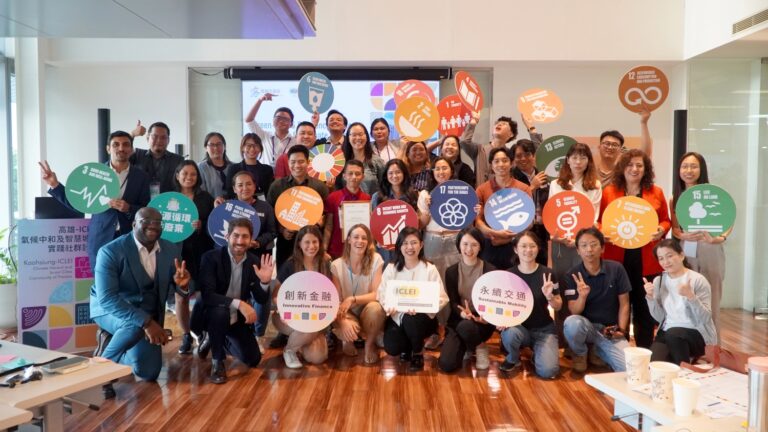
Insights from the second in-person workshop series of the Kaohsiung-ICLEI Climate Neutral and Smart Cities Community of Practice.
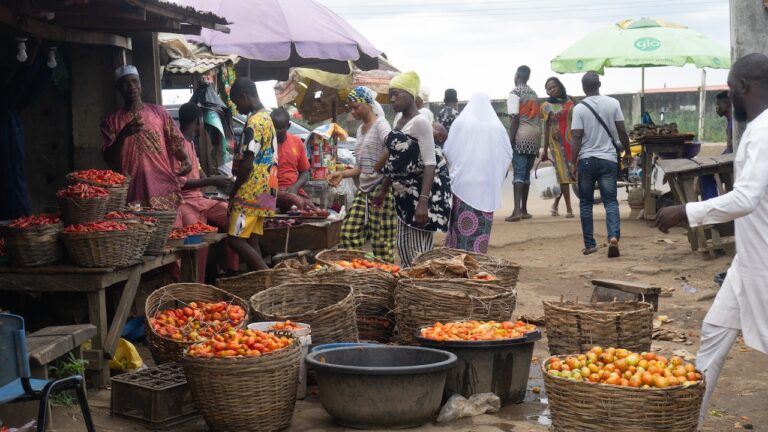
Developed under the AfriFOODlinks project, the Cultivate Marketplace is a city-led initiative designed to transform how municipalities and funders meet, learn from each other, and build investable pathways together.
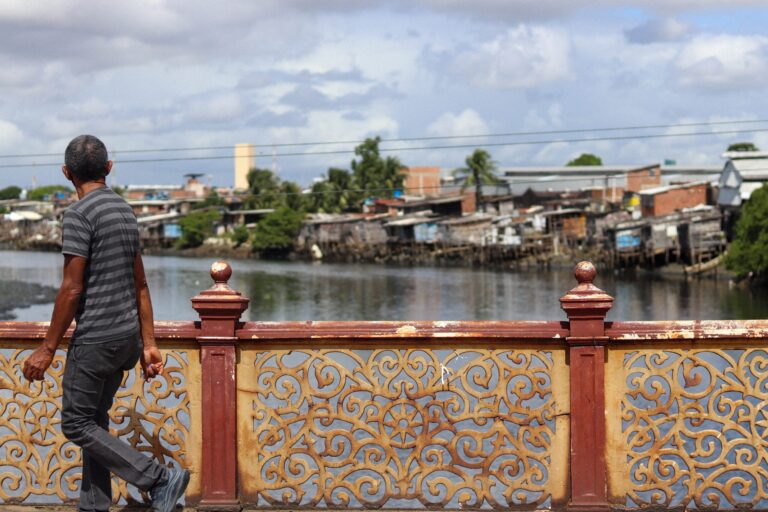
The Urban Infrastructure Insurance Facility (UIIF), introduces an innovative way for cities in Latin America and the Caribbean to access climate adaptation financing, including the insurance market, collectively pool risk, and protect critical infrastructure and vulnerable populations.